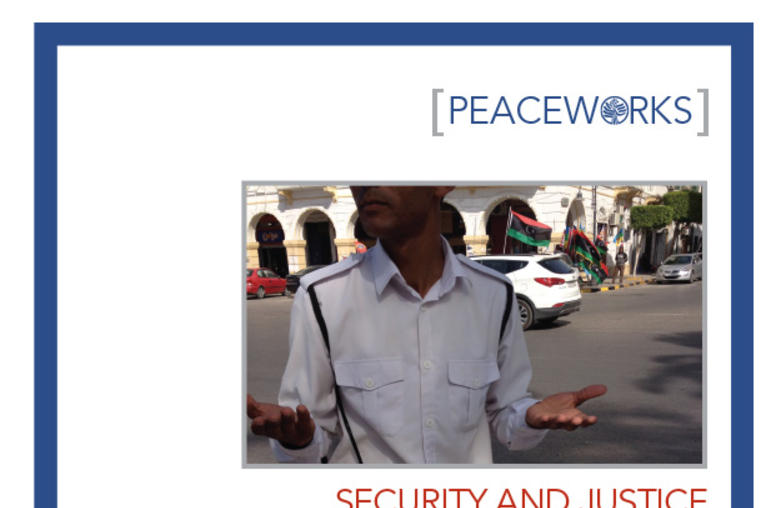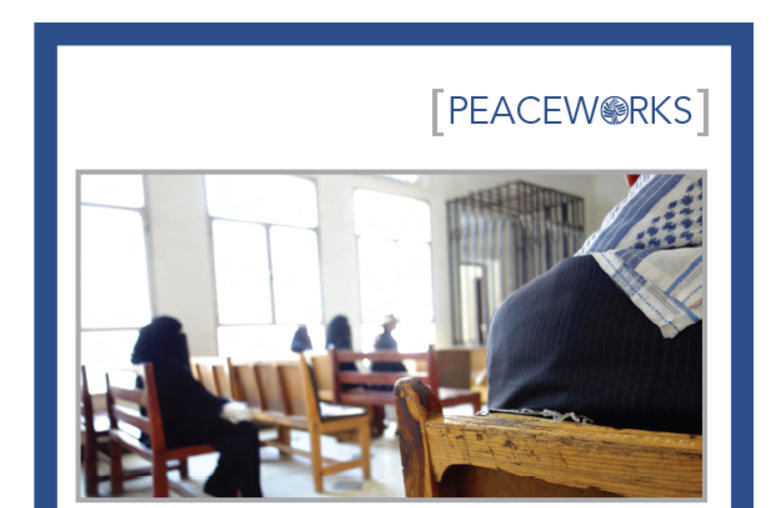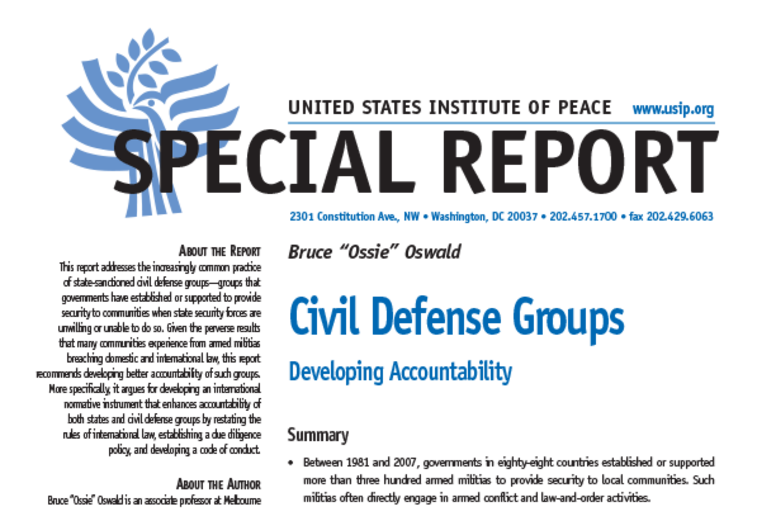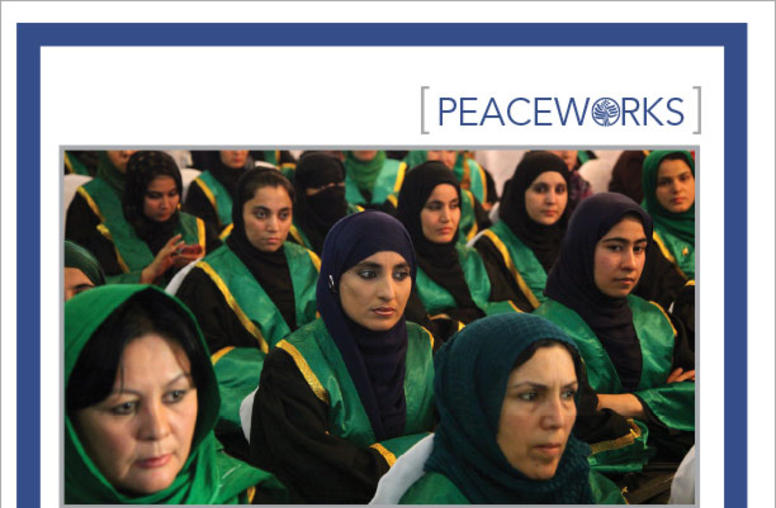Understanding Civilian Protection: Concepts and Practices
In the first round of this seminar series, co-organized by the U.S. Institute of Peace and the Brookings Institution, some 45 participants from the United Nations, international humanitarian and development organizations, non-governmental human rights and humanitarian organizations, different agencies of the U.S. government and the U.S. military, academic institutions and the diplomatic community came together to discuss current challenges in protecting civilians.
In the first round of this seminar series, co-organized by the U.S. Institute of Peace and the Brookings Institution, some 45 participants from the United Nations, international humanitarian and development organizations, non-governmental human rights and humanitarian organizations, different agencies of the U.S. government and the U.S. military, academic institutions and the diplomatic community came together on September 14 to discuss current challenges in protecting civilians.
Meeting under the Chatham House rule, participants explored the question of what protecting civilians—both conceptually and on the ground—means; the role of different actors in protecting civilians, and the dilemmas faced in operationalizing protection in situations of armed conflict. Discussion was rich and diverse and no attempt was made to reach consensus on any of these points during the inaugural seminar. The seminar report pulls out certain themes that emerged in the discussion in the hope that subsequent discussions can take the debate further.



